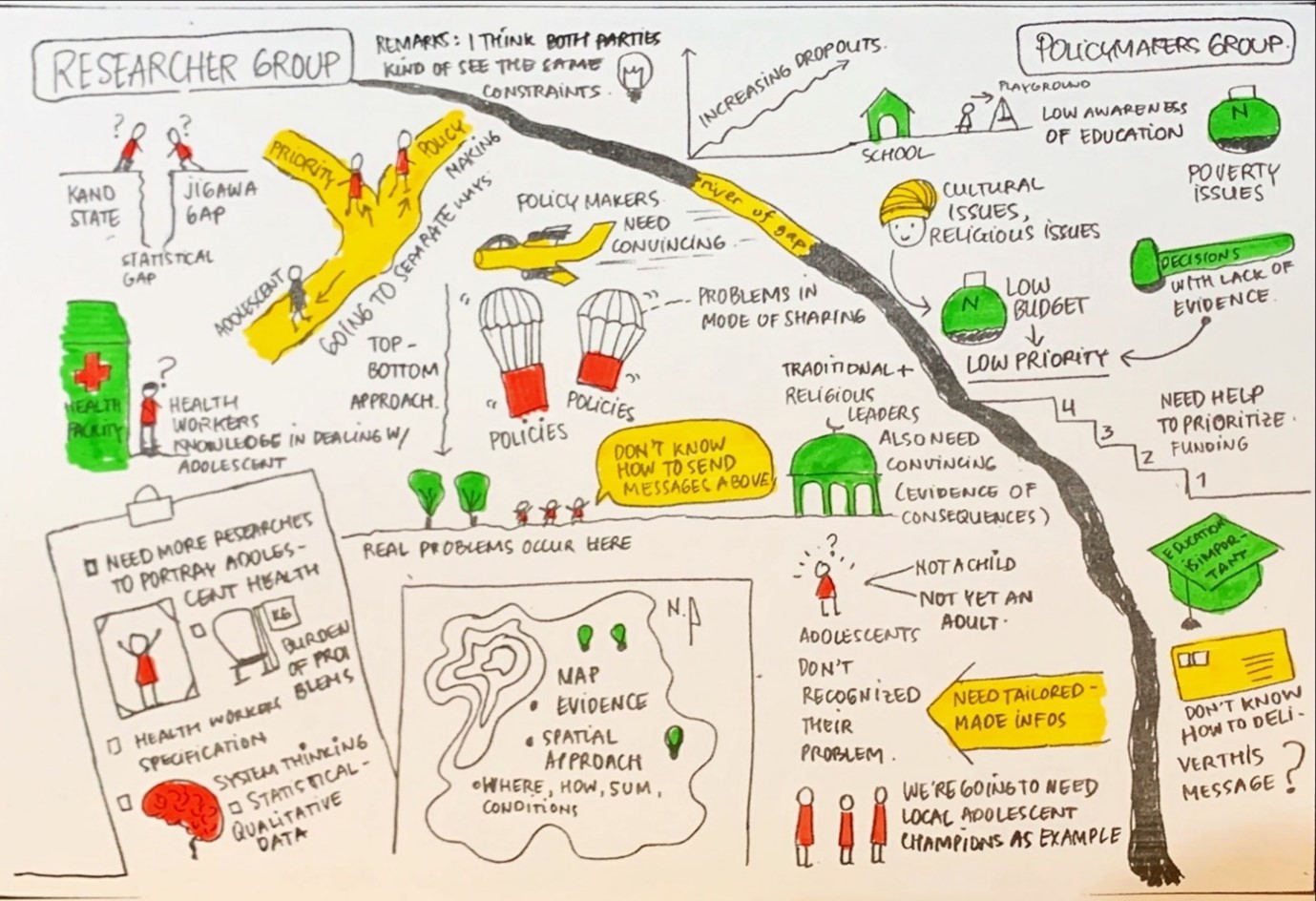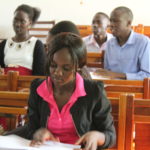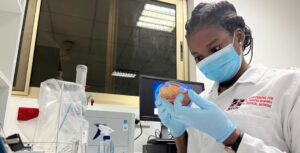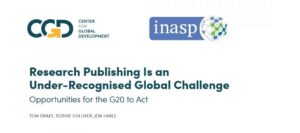
How an equitable knowledge ecosystem can improve adolescent health in Northern Nigeria
John Young discusses the role of policy engagement and collaborative planning in helping health interventions to be effective amongst adolescents in Northern Nigeria.
Nigeria has the highest population of youth aged between 10 and 24 years in the whole of Africa so is poised to reap the largest demographic dividend as they enter the labour force – but only if they do!
Unfortunately, due to rapid population growth, poverty, poor access to education and reproductive and sexual health information and services, youth in Nigeria, particularly young women and especially in Northern Nigeria, face some of the most acute health challenges which prevent them from doing so.
A recent study by a transdisciplinary team from the University of Hull in the UK, Bayero University in Kano, and the Family and Youth Health Initiative (FAYOHI) found that young women in the region had nearly twice the illegal abortion rates as those in the south of the country. They also had high rates of Illicit drug use (codeine-based cough syrups and rafinol). Rape and sexually transmitted diseases are a major concern, and anxiety and depression is common – especially among girls.
The local health and education services the schools and the adolescents themselves are keen to do something about it. And the School-based Health Promotion (SHP) Project in Jigawa and Kano States plans to help them to do just that.
The overall aim of the SHP project is to understand health awareness, beliefs and behaviours of adolescents attending secondary schools in Jigawa and Kano States, Nigeria with a view to co-producing a culturally sensitive health literacy / health promotion intervention for adolescents that could be scaled-up to other states within Northern Nigeria.
INASP joined the project in mid-2019, to facilitate a policy engagement and collaborative planning process to support the development of the second phase of the work. The initial intention was to do this through an intensive series of events bringing all project stakeholders together during a visit to Kano in April 2020. The five-day programme would review the results of the research, provide training in policy engagement and research communication and a research writing workshop for researchers. In the long term we hope that this broad coalition of stakeholders including researchers, policymakers, practitioners and adolescents themselves will grow into what we call an equitable knowledge ecosystem all working together to try to find a solution to this challenge.
When the COVID-19 crisis made travelling to Nigeria and convening meetings in Kano impossible we pivoted to a series of online events:
- A tailored learning journey for researchers who had been involved in the project, within an AuthorAID Massive Online Open Course to improve their researcher communication and proposal writing skills.
- An initial online workshop for researchers, practitioners, policymakers and legislators from Jigawa and Kano states to share ideas about how to improve the local generation and use of evidence to guide policy-formulation and decision-making in this area.
- A second online workshop for a wider group representing all project stakeholders to review the findings of the research report and the recommendations, and to co-develop the main elements of the next phase of the project.
These workshops were a bold experiment in whether it is possible to hold meaningful discussions with a wide range of project stakeholders virtually – especially in a relatively remote part of Nigeria with poor internet connectivity and at a time when most senior policymakers and practitioners were busy dealing with the current COVID-19 crisis.
Despite a heavy rainstorm taking out the internet just before one of the workshops, they were surprisingly successful. Many very senior policymakers, traditional leaders, and government and non-government agency staff made the effort to connect and contribute to the discussions. Several have contacted the project team since the workshops to thank them for making the effort to enable them to reflect on the work so far and contribute to designing the next steps.
There is clearly very strong support for further work across all stakeholders. Adolescent sexual health is recognised as a serious health, social and economic constraint on development in the region. Stakeholders see that the project needs to move to the next phase – developing and helping local schools and other stakeholders to deliver better health services for adolescents. However, at the same time, the project team needs to do further basic research in other schools and other areas to ensure the services really meet the needs of local communities. In addition, this further research would determine how to ensure the benefits also reach adolescents not in school. It needs to work with and alongside other programmes, establish effective, locally driven, democratic management and coordination, including the voices of the adolescents themselves and their parents.
When implemented, the project should contribute to improved health literacy among youth about healthy sexual and reproductive behaviours; improved health behaviours during preconception, pregnancy and interpregnancy; and improved sexual and reproductive maternal and infant health outcomes.
One of the workshop participants, Professor Dasapta Erwin Irawan from the Institut Teknologi Bandung, Indonesia, produced three pictures during the workshops. The first illustrates the challenge and overall ambition of the programme which you can see in an earlier blog post. The second, at the top of this blog post, illustrates the researchers’ perspective of issues needing further research which were identified in the second workshops. A third illustrates the possible components of the project at the end of the second workshop:

Following the workshops, the project team did an after-action-review to learn lessons about how this approach to stakeholder engagement could be improved in future. They identified many cultural and infrastructural challenges to online workshops in Nigeria:
- Internet connectivity is unreliable – especially when it is raining.
- People are used to physically going to meetings, and to a flexible timetable to allow social interaction which is difficult to provide online.
- Few participants had used Zoom before and many had difficulty with the user interface.
- Introductions at the start of meetings in Nigeria is very important; it is essential to leave enough time for this.
- It is important to ensure there is enough time for everyone to contribute in the group work.
Recommendations to overcome these in the future included: providing physical copies of reading materials well in advance; physically helping people to connect – getting a few together in one room sharing one connection (although then it is difficult for them to go into different breakout rooms); maybe even encouraging the local stakeholders to all meet together, and the international participants joining the meeting virtually.
That would certainly put the local stakeholders in control – probably the most important requirement for a truly equitable knowledge ecosystem.
For further details read the workshop report.
Images in this post were produced by Professor Dasapta Erwin Irawan from the Institut Teknologi Bandung, Indonesia, who participated in the workshops.

 Previous Post
Previous Post Next Post
Next Post


